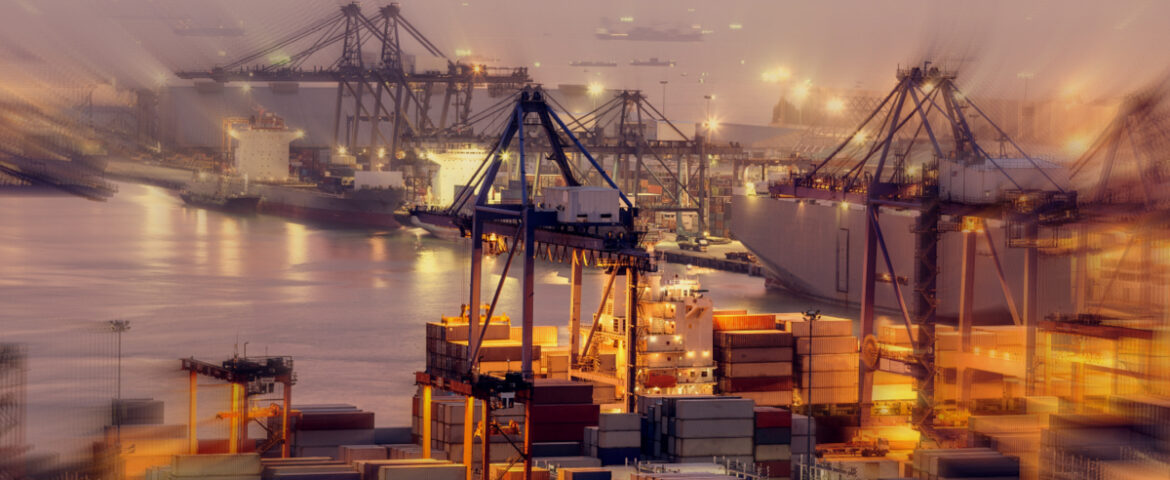The importance of infrastructure as a key driver of growth, competitiveness and social well-being is well established. Yet, as highlighted in the World Economic Forum’s report, Infrastructure Investment Policy Blueprint, a significant number of economically viable infrastructure investments are not moving forward. The global investment shortfall in infrastructure is estimated to be at least US$ 1 trillion per annum. Enhanced participation from the private sector, while not a complete panacea, could do much to close this gap.
The report details major recommendations, including:
- More projects need to be structured with appropriate risk allocation and clear investment propositions for the private sector. Projects should be developed with the understanding that investors are “global shoppers” for infrastructure and will rank opportunities based on their risk-adjusted returns.
- Governments need to proactively address political risk, which has emerged as one of the most pressing concerns for infrastructure investors in both emerging and developed markets. Numerous contract and regulatory structures are suggested that can better align public and private sector incentives and reduce renegotiation risk.
- Develop an ongoing pipeline of investment opportunities that will give private sector players the confidence to build internal capabilities and local expertise.
- Consider capital recycling – whereby existing brownfield assets are either leased or sold to raise funds for greenfield projects – as an effective strategy to attract private capital while bringing new infrastructure online.
- Address the tremendous costs and time delays often incurred in infrastructure procurement processes. For example, task a public-private partnership unit with improving the efficiency of the procurement process by increasing standardization and providing technical skills to line agencies. Where possible, mandate fixed deadlines for regulatory or environmental approvals and streamline processes by appointing a lead agency to manage and coordinate the process.
The report is part of the World Economic Forum’s Global Strategic Infrastructure Initiative and can be downloaded via the World Economic Forum webpage












